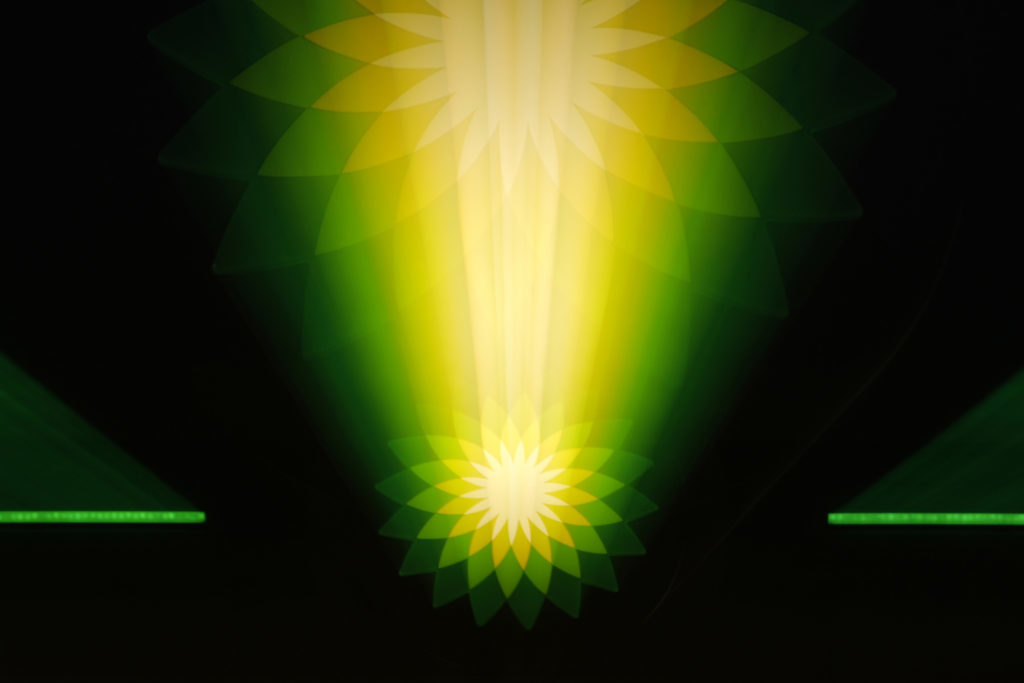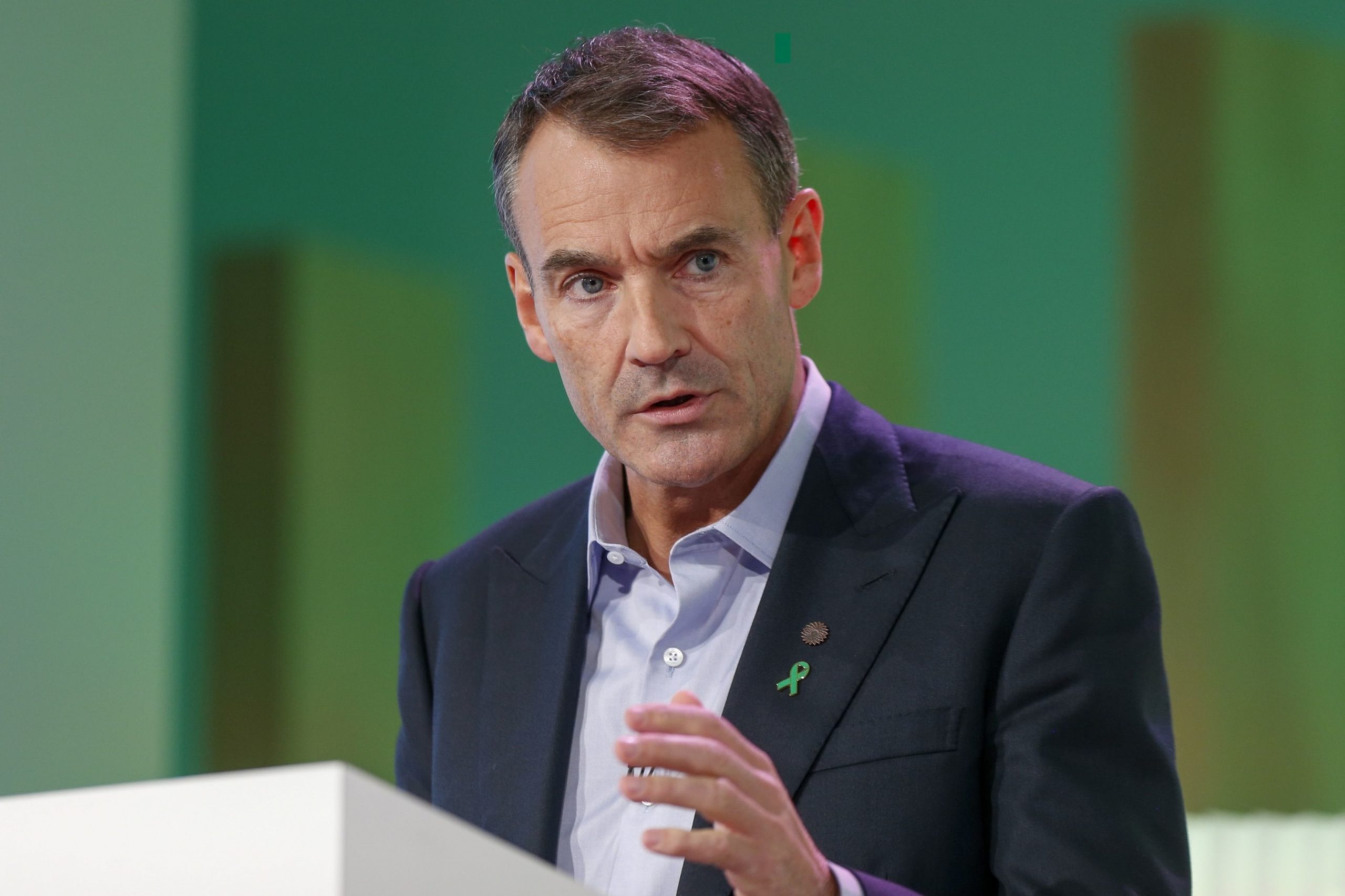
When oil-rich Abu Dhabi put a string of offshore fields up for auction, suitors from China to Italy vied for a slice of the pie. Surprisingly, that piece was snatched from one of the world’s largest energy conglomerates.
BP Plc missed out on a chance to renew its partnership in oil concessions off the emirate’s shores, which expired this month. The loss of barrels — estimated at 100,000 a day — will offset growth from BP’s new projects, meaning its total oil output will stay flat this quarter.
Competitors Total SA, Eni SpA and others will take a share of the three licenses in Abu Dhabi, an emirate that produces 6 percent of the world’s oil. Now out of the picture offshore, BP will need to focus on the country’s onshore fields it won in 2016, as well as gas assets in the region such as Zohr in Egypt and Khazzan in Oman.
“It looks like the company decided the financial terms were too tight in Abu Dhabi and that they’d be better off spending their money elsewhere,” said Robin Mills, chief executive officer of consultants Qamar Energy. “The contracts are very low-return, because Abu Dhabi is very tight on the terms and drives a hard bargain.”
BP declined to comment.
Egyptian Sale
The company vowed to maintain capital discipline following crude’s slump and the Deepwater Horizon catastrophe in 2010, which saddled it with a tab of more than $60 billion in liabilities. It has recently offered mature oil assets in Egypt for sale and aims to raise $1 billion, according to people familiar with the plan.
Companies including Total, Eni, Cia Espanola de Petroleos and China National Petroleum Corp. won stakes of as much as 20 percent in the U.A.E. concessions, while Abu Dhabi National Oil Co. kept 60 percent. BP had held 14.7 percent of an Adnoc unit that operated some of the fields. Abu Dhabi still has to award the remaining 20 percent of the offshore oil concessions. Austrian oil producer OMV AG is poised to win a stake in the concession.
BP reported double-digit production growth last year. Now, with the Abu Dhabi block pumping about 700,000 barrels a day, the company loses access to the 100,000 daily barrels it could tap as a partner.
Once fully operational, Oman’s Khazzan gas project will more than make up for the lost barrels, Qamar’s Mills said. Elsewhere in the Middle East, BP and its partners are eyeing growth in Iraq, where they’re pumping more than 1.5 million barrels a day from the nation’s biggest oil field, Rumaila.
As in Iraq, the cost of producing oil in Abu Dhabi is low, and the large reserves reduce the risk that the fields won’t deliver, Mills said. BP probably decided its remaining onshore concession — and its stake in Rumaila — give it enough “low-risk” barrels, he said.
Recommended for you
